Most dogs lick their butts as part of their normal grooming routines, but dogs also do so to relieve the itchy discomfort caused by several conditions, including anal gland issues and allergies. Dogs that suddenly spend more time licking their nether regions may benefit from a quick visit to the veterinarian, as speedy treatment provides relief and often keeps issues from developing into full-blown infections. Below you will find six possible reasons why your dog is licking their butt a lot.

The 6 Reasons Why Your Dog Is Licking Their Butt a Lot
1. Grooming
Almost all dogs groom themselves, even those like Poodles, who also need regular brushing. When dogs lick their bottoms as part of their regular bathing ritual, there’s really nothing to worry about. If your dog is using their tongue to give itself an all-over refresher, it is normal to spend a few minutes on its butt.
If your pet starts spending more time licking its backside than they usually do, consider looking to see if there’s any redness or something that might be causing your pet discomfort. Seriously overweight pets often have trouble grooming themselves properly, which sometimes results in infections. Many obese and overweight dogs benefit from regular wiping and extra baths to help keep those difficult-to-reach areas squeaky clean.
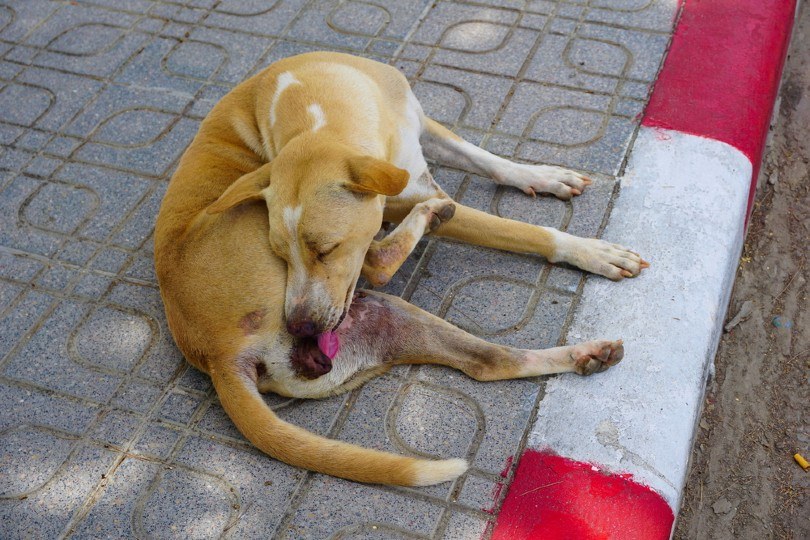
2. Anal Gland Issues
Dogs often lick their butts when suffering from anal gland issues1. Scooting is another common sign. Dogs’ anal glands hold viscous fluid packed full of chemical signals your dog uses to communicate information about themselves to other canines. These glands sometimes become painfully inflamed, often due to dietary issues.
When dogs eat fiber-rich diets, their anal glands are naturally expressed by the passage of poop. Pets whose diets don’t include sufficient fiber sometimes have impacted anal glands. Overweight dogs are more likely to develop these sorts of issues.
Veterinarians can express the glands and quickly get things back to normal with an in-office procedure. Pets with anal gland issues often benefit from adding fiber to their diets. Pumpkin and green beans are great options that can often just be mixed with dogs’ regular food.
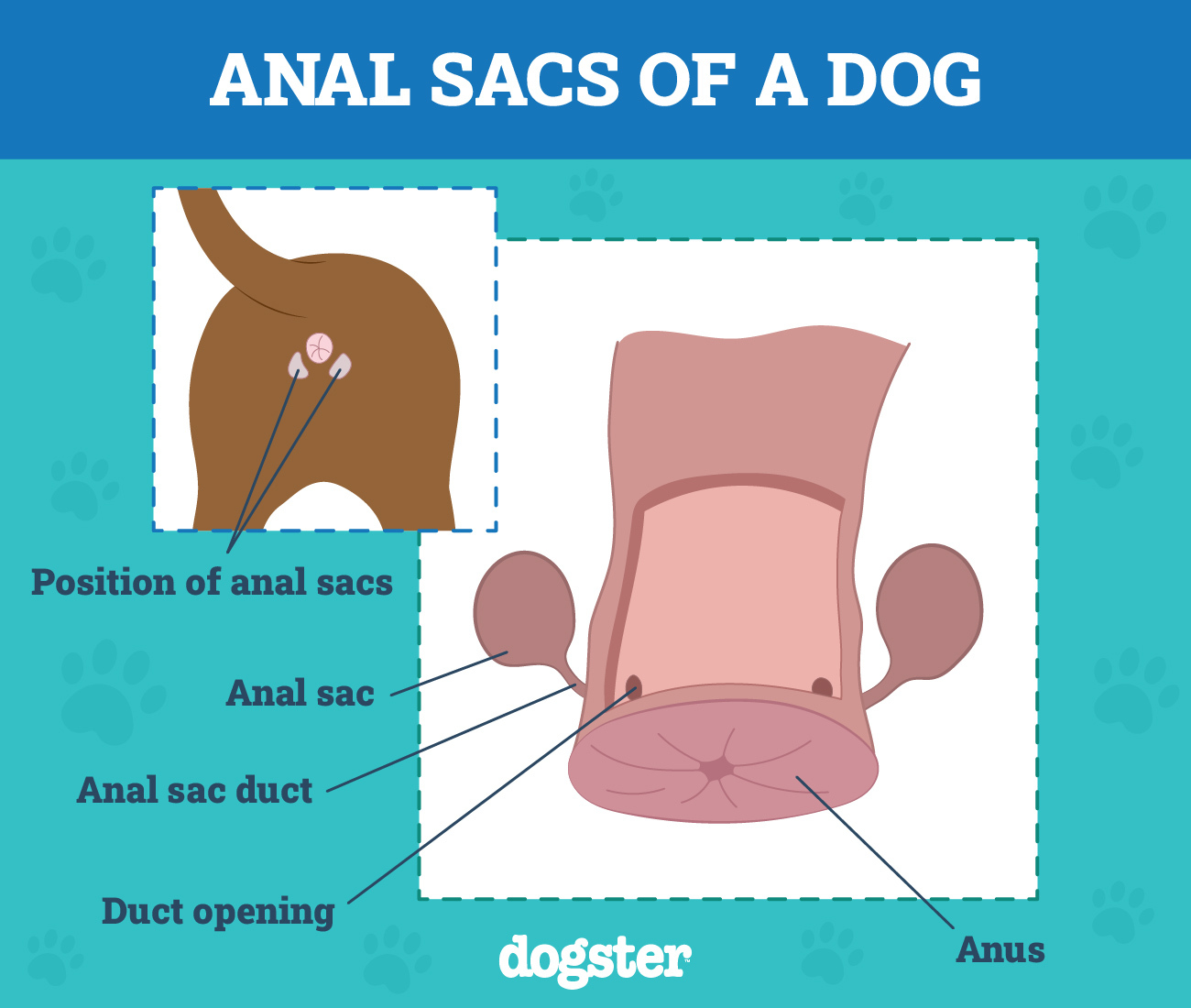
3. Parasites
A variety of parasites can cause itchy skin in dogs. Intestinal worms, particularly tapeworms2, can cause a dog’s butt to itch. A stool test is the best way to determine whether or not a dog has intestinal parasites and to identify precisely which one. Deworming usually fixes the situation relatively quickly.
Other possible culprits include fleas and ticks. Flea bites can cause allergic skin reactions in some dogs. Tick bites can become itchy once the tick is no longer there. Treatment often involves anti-itch medication to soothe the skin and flea/tick control medications to eliminate the parasites.
Regularly giving your dog anti-flea and tick treatments and deworming go a long way toward lowering the risk that your buddy will develop a skin condition related to a parasite infestation.
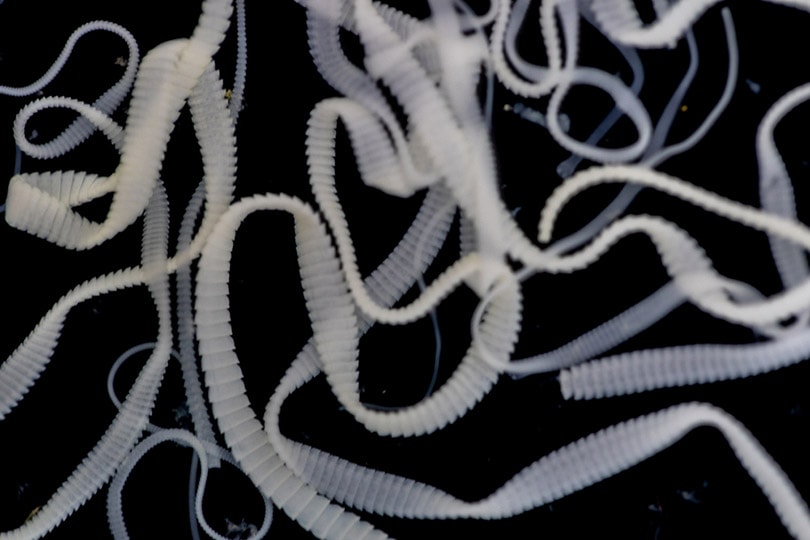
4. Allergies
Allergies often cause itchy skin in dogs, and sometimes that sensitive skin is located close to pets’ behinds. Dogs can have itchy skin because of food, environmental, or contact allergies3. Long-term treatment usually involves identifying triggers and then avoiding them.
Food allergies often require a fair bit of effort to diagnose accurately. Most canine food allergies are related to proteins, like chicken and beef. Pets with allergies often require special novel protein diets featuring ingredients they haven’t eaten before.
Dogs can also develop itchy skin due to environmental triggers like pollen or mites. Pets with sensitivities to mites often benefit from frequent vacuuming to minimize their exposure to triggers.
5. Razor Burn
Some dogs lick their butts after a trip to the grooming salon, particularly after haircuts and shaves. Close shaves can result in canine razor burn. Sanitary cuts, in which the hair around a dog’s private parts is removed, can sometimes result in tenderness. Dogs often lick these sorts of irritated areas to get relief. Common signs include red, irritated skin and sometimes small bumps.
Most signs show up relatively quickly after grooming. Similar signs can also be caused by over-enthusiastic brushing of the same spot, which can easily occur during attempts to remove mats and tangles.
Regular brushing usually helps keep dogs’ coats reasonably neat. Colloidal oatmeal can soothe irritated spots, but avoid using it on broken skin. Spot treatments often work well for dogs that don’t enjoy baths.
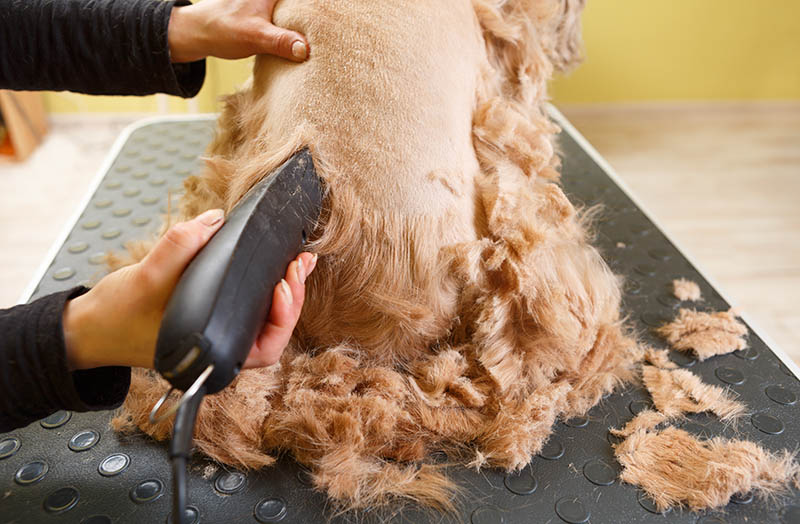
6. Chemical Irritations
Products like laundry detergent, carpet cleaners, and even pet shampoo that come directly into contact with the skin can also cause rashes and itchy skin in some dogs.

When to Contact a Veterinarian
Problematic licking is often accompanied by other signs, such as scooting and biting. It often takes place outside of regular bath times. Reach out to your veterinarian sooner rather than later if you see your pet licking, biting, or scooting, as early intervention often prevents pets’ delicate skin from becoming infected. Common signs of infection include vomiting, diarrhea, weight loss, and lethargy. Contact your pet’s veterinarian immediately if you suspect your pet has a skin infection.
If you need to speak with a vet but can't get to one, head over to PangoVet. It's our online service where you can talk to a vet online and get the advice you need for your pet — all at an affordable price!

Final Thoughts
There are many reasons why your dog may be licking their butt a lot, from enthusiastic grooming to parasites. If your dog licks their butt as a regular part of getting clean, there’s probably nothing to worry about. Consider taking a look, however, if your pet suddenly starts spending more time getting its bottom clean or if you see them licking, biting, or scooting. Identifying and treating the cause of the itching quickly may lower the chance of your pet irritating its skin to the point of developing a secondary infection.
See also:
Featured Image Credit: Jiramath Noomuan, Shutterstock

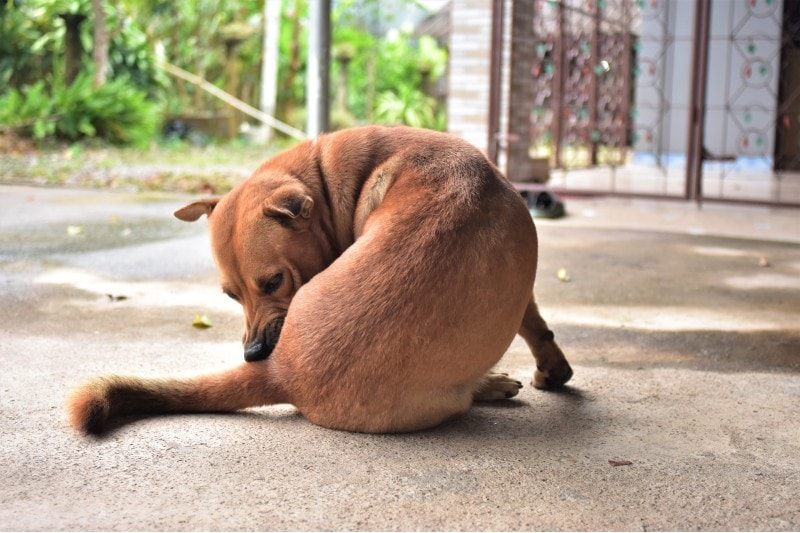

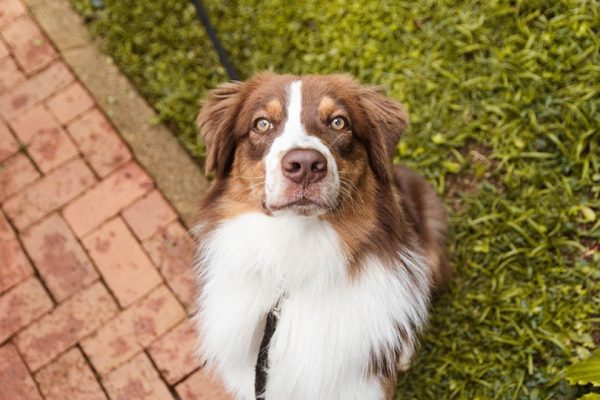
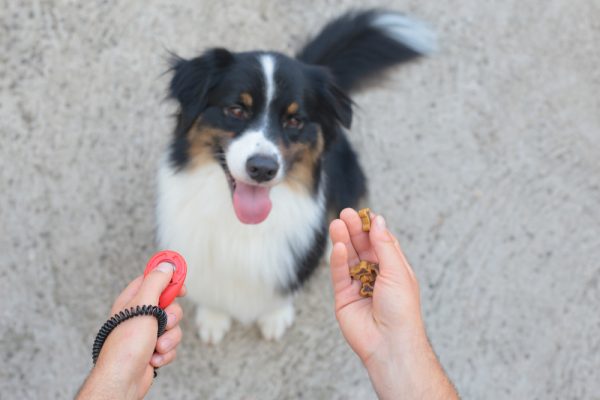
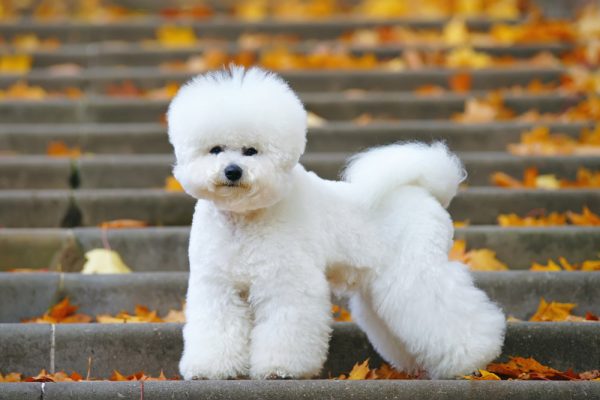


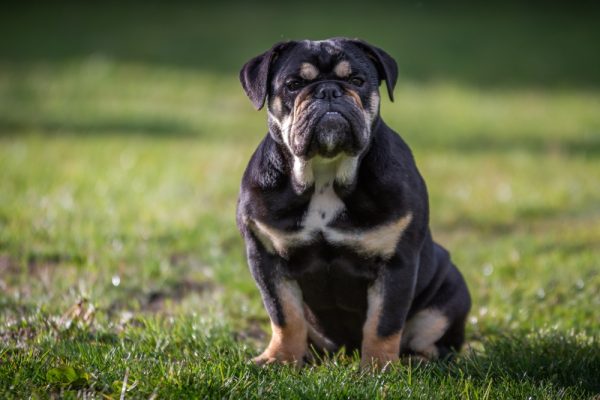
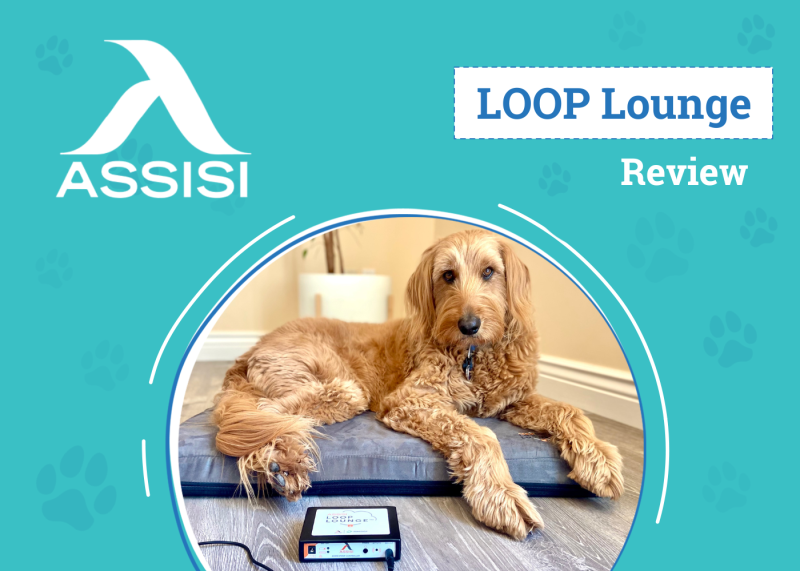
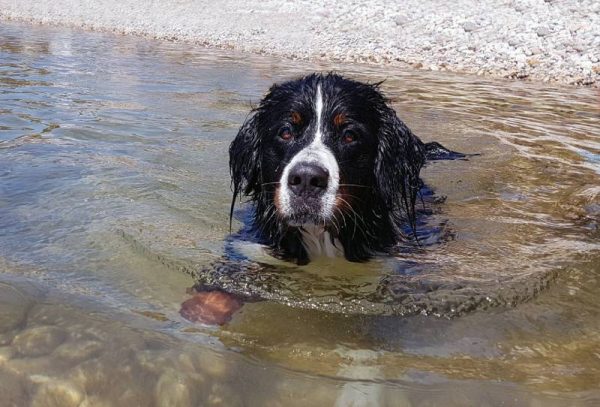
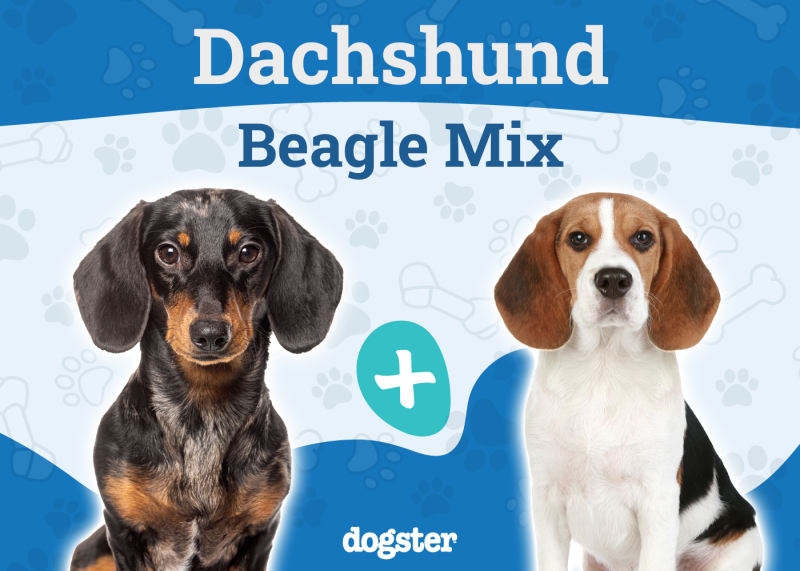

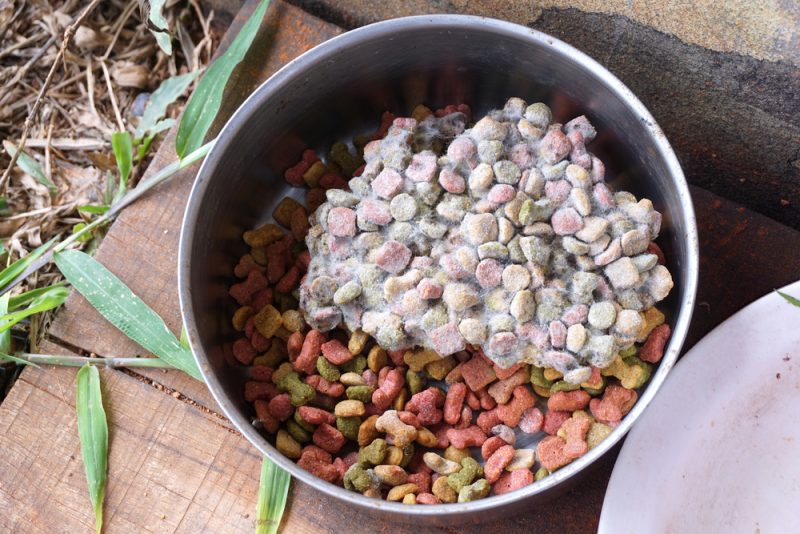
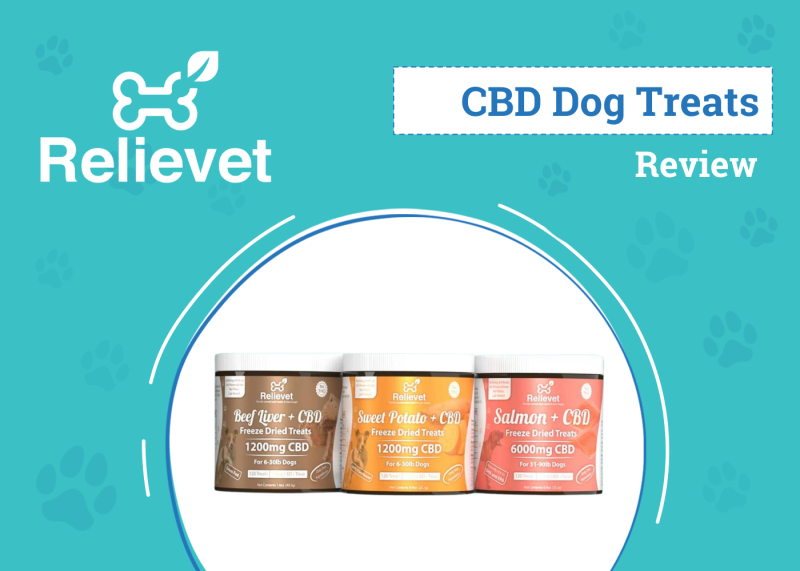

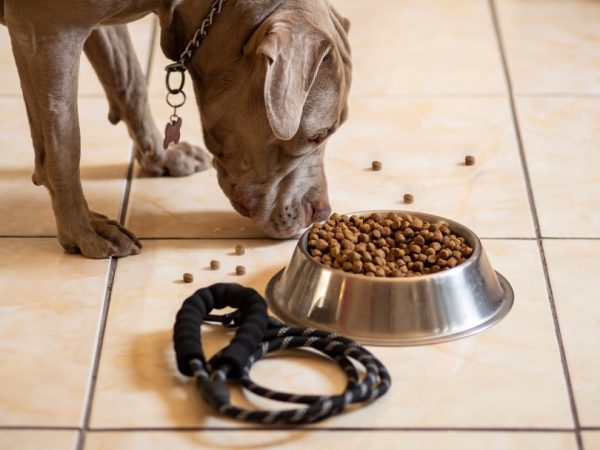

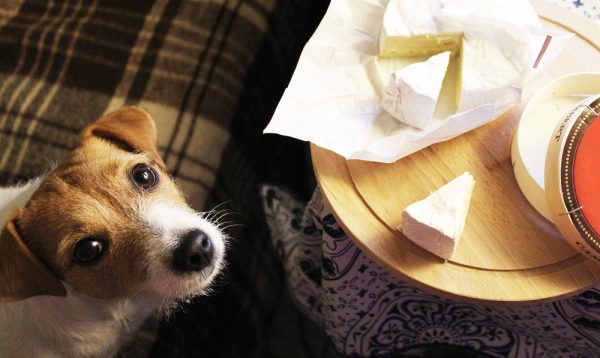
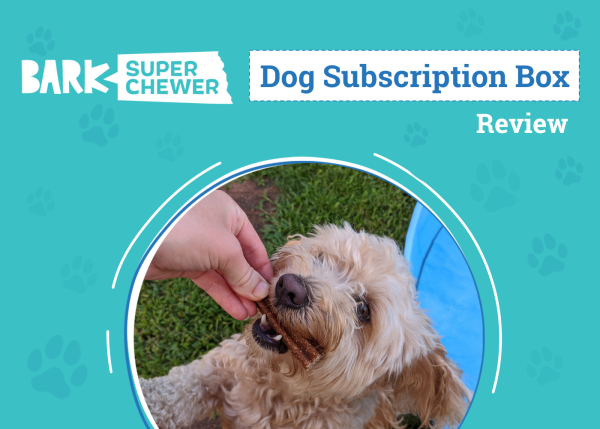

2 Responses
have a 8 yr old dog been licking his butt and groin area for over 2 months now, site started around the base of the tail, down inside both legs, lost hair in the process. wondered if stomach issues. started to feed him yogurt and probiotic chew. started to get better, now worse . skin is reddish brown especially where hair was growing back. have another dog with no symptoms.
Hi Trenna, I'm sorry to hear that your dog has been experiencing this discomfort for such a long time, that can't be easy for either of you. There may be several reasons for this to occur, allergies, parasites and/or infections may be involved, and since there are so many possibilities, I would suggest seeing a vet as soon as possible so they can carry out the appropriate tests. I hope this is helpful and your pup gets better soon.